Bone Graft and Sinus Lift Procedures Make Dental Implants Possible for More People
Where teeth have been lost, some patients require bone grafting to increase the bone width or height in the jaws . This provides a more solid foundation to improve the success of a dental implant.
If you’re considering dental implants but you’ve been told you don’t have enough bone, our surgeons at Midtown Oral & Maxillofacial Surgery may discuss a bone graft or a sinus lift with you.
When is a bone graft necessary?
A bone graft is needed when there is not enough bone in your jaw to receive dental implants. Bone in your jaws can be lost or may deteriorate for the following reasons:
- Periodontal (gum) disease
- Jaw injury or trauma
- Missing teeth with bone loss over time
- Infection
In years past, bone grafting required surgeons to make use of portions of the patient’s own bone, known as autogenous grafting. Now, we can also use processed bone and synthetic materials. During the healing process, the bone grafting material becomes part of the jaw and dental implants can then be successfully placed after you heal.
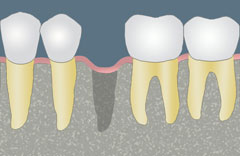
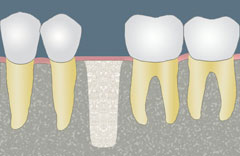
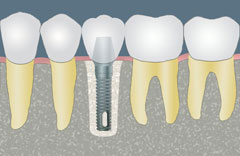
During your first visit with our office, one of our surgeons will conduct a thorough evaluation and discuss the best treatment options to meet your individual needs.
Do I need a sinus lift?
A sinus lift is a bone grafting procedure for patients who have limited bone in the upper jaw that prevents them from receiving dental implants. The procedure involves placing a bone graft underneath the lining of your sinus, the air-filled space that sits underneath your cheekbone. This increases the amount of available bone in the upper jaw, and allows dental implants to be placed after you heal.
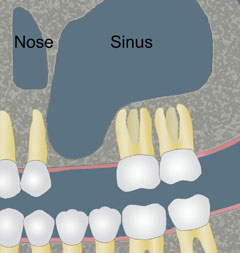

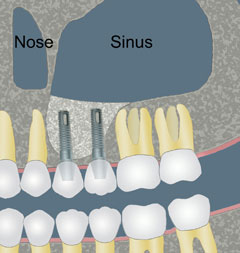
You may need a sinus lift procedure if you:
- Have been told you have limited bone in the upper jaw
- Are missing one or more teeth in the back of your jaw
- Have a defect in the upper jaw due to pathology, trauma, or previous surgery
- Are missing upper teeth due to certain types of birth defects
If you are interested in dental implants and may require bone grafting, take the time to visit with our experienced surgeons at Midtown Oral & Maxillofacial Surgery, who will complete a thorough evaluation and discuss your treatment options.
For more information, or to schedule an appointment, call 512-992-1378.

